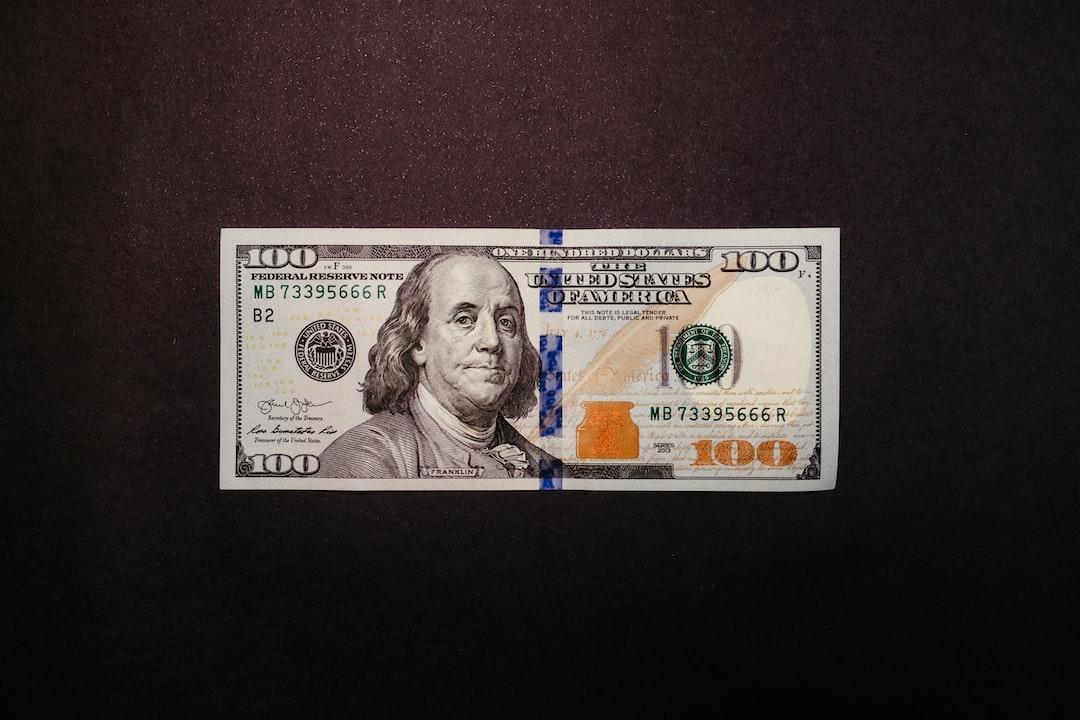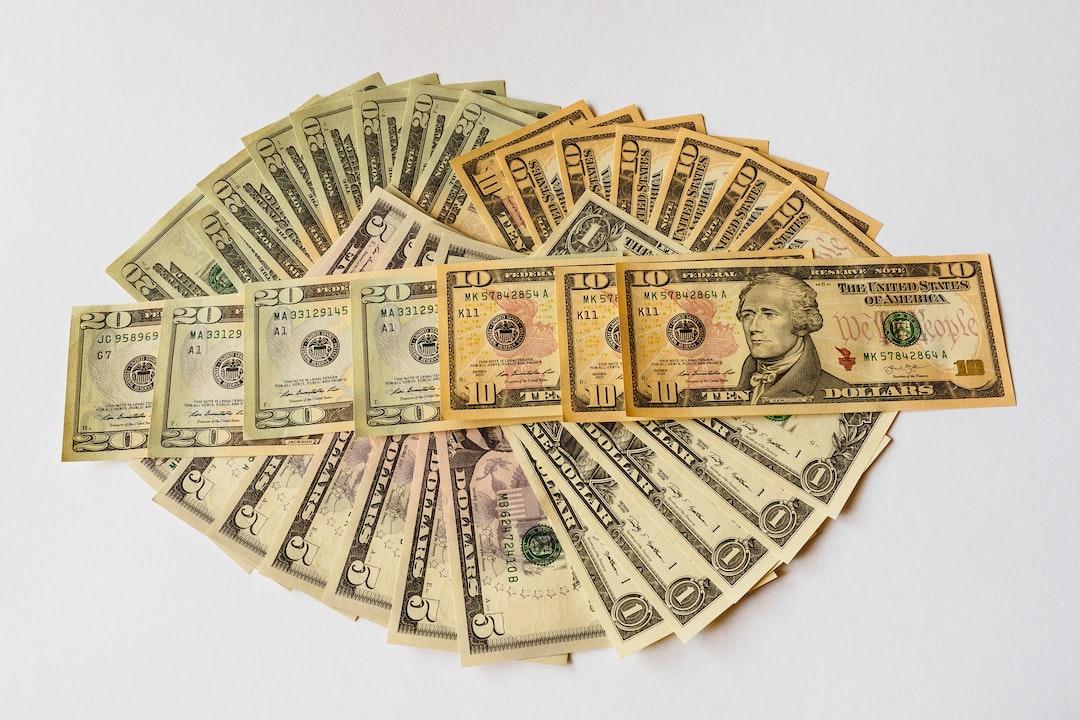Berkshire Hathaway, led by Warren Buffett, announced its third-quarter financial results on October 2, revealing a further reduction in its holdings of Apple stock by selling approximately 100 million shares, which accounts for 25% of its total holdings. This move has raised its cash reserves to a record high of $325.2 billion (over 10 trillion New Taiwan dollars).
(Background: Black Swan Fund warns: U.S. stocks, cryptocurrencies, and gold could experience a “flash crash” before the end of the year, indicating a major market change is imminent.)
Benefiting from the explosive growth of the artificial intelligence (AI) sector and the Federal Reserve’s formal announcement of a monetary easing cycle in September, the U.S. stock market has experienced what can be described as a genuine “long bull” run this year. Stocks of Apple, Nvidia, and Tesla have continued to rise, with the four major U.S. stock indices reaching new highs as if it were a routine occurrence.
But can the U.S. economy truly achieve a soft landing? Will stocks continue to rise without looking back? While we cannot predict the future, we may find clues in the decisions of masters like Buffett.
Berkshire Hathaway further cuts Apple shares in Q3
On October 2, Berkshire Hathaway published its third-quarter financial report, indicating a further reduction in its holdings of Apple stock by selling approximately 100 million shares, which accounts for 25% of its total holdings, while raising its cash reserves to a record high of $325.2 billion (over 10 trillion New Taiwan dollars).
Since the beginning of 2024, Berkshire Hathaway has sold over 600 million shares of Apple, leaving it with approximately 300 million shares. Overall, Berkshire Hathaway sold about $36.1 billion worth of stock in Q3, including billions of dollars worth of Bank of America shares, marking the company’s eighth consecutive quarter of net stock sales.
Many analysts believe that Buffett’s actions suggest he views current stock valuations as excessive and is preparing for a potential economic recession.
Buffett Indicator reaches 200%
Last month, Barchart also reminded investors on X (formerly Twitter) that the so-called “Buffett Indicator” has recently reached 200% for the first time in history, surpassing levels seen during the dot-com bubble and the global financial crisis.
The Buffett Indicator, introduced by Warren Buffett in 2001 in Fortune magazine, calculates the ratio of total U.S. stock market capitalization to GDP. Buffett stated that he uses this ratio to observe whether the stock market’s valuation is supported by the real economy. A very low ratio indicates that stock prices are undervalued, while a high ratio suggests that the market is overvalued.

?Related Reports?
Breaking the September curse? Bitcoin briefly surpassed $63,800, Ethereum approached $2,500, and the S&P 500 set new highs.
What does the U.S. stock market betting on the Fed lowering rates by 0.5% signal for Bitcoin’s surge?
Is the carnage in the U.S. stock market not over yet? Wall Street’s Tom Lee warns: a potential further drop of 8-10% may be ahead.


